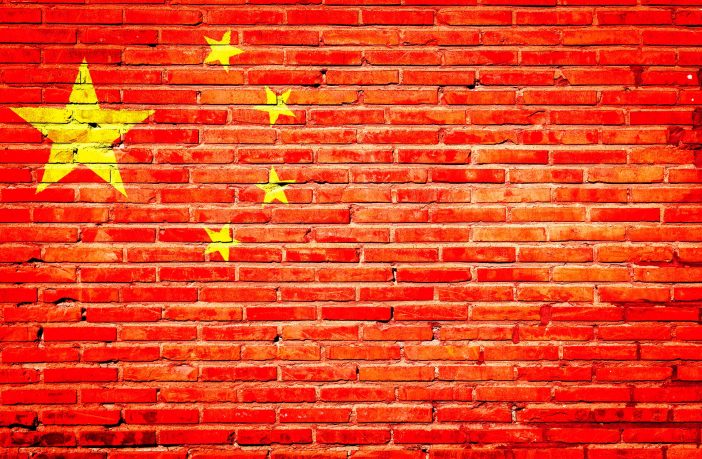Authorities are in no hurry to solve China’s energy crisis
China’s energy crisis is getting worse, but the authorities are postponing the issue. While earlier officials considered buying coal from Australia, they have now rejected imports.
Australia has long been considered one of China’s largest sellers of raw materials, accounting for 38% of the country’s total imports. At the end of 2020, however, everything changed. Due to diplomatic and political disagreements between the states, trade relations between them were strained, which resulted in a sharp drop in supplies. The reason was the announcement of the Australian authorities about their intention to launch an investigation to find out the causes of the COVID-19 pandemic.
In the fall of 2021, it was reported that China resumed the supply of coal from Australia, but in small batches. At the same time, experts doubt that imports will reach the level of previous years, especially since the conflict between the countries is still not resolved. In this case, the disagreement has entered the political plane, so all the economic issues now depend on how soon politicians agree among themselves. So far, there has been no positive movement in this direction, and new imports from Australia remain banned.

In order to improve the energy situation in the country, China is looking for new suppliers. Recently, coal imports from Russia and Mongolia have increased. In the first nine months, imports of raw materials from Indonesia reached 57% of China’s total purchases. In addition, China purchases coal from Colombia and the US. American and Canadian exporters sold more raw materials than Russian exporters.
The reduction in orders from the PRC has not significantly affected Australia. This is evidenced by statistics from the port of Newcastle, which is the country’s leader in coal shipments. This year, it has increased the volume of shipments, primarily due to increased exports to North Asian countries.
China, on the other hand, is experiencing serious problems in the energy sector. Since the beginning of fall, the country has been experiencing regular power outages, and this situation is observed in major cities. In Beijing and Sinai, both homes and factories are without power, due to high grid congestion and a shortage of raw materials.
The growing demand for electricity has negatively affected the coal industry, which is the main raw material for the energy industry. Solid fuel prices have soared to historic levels. The government is now actively encouraging the construction of alternative energy generating facilities – wind and solar power plants as well as nuclear power plants.
The government has asked the public to charge electric cars at off-peak times of the day. In addition, one province suspended the operation of mining farms.




